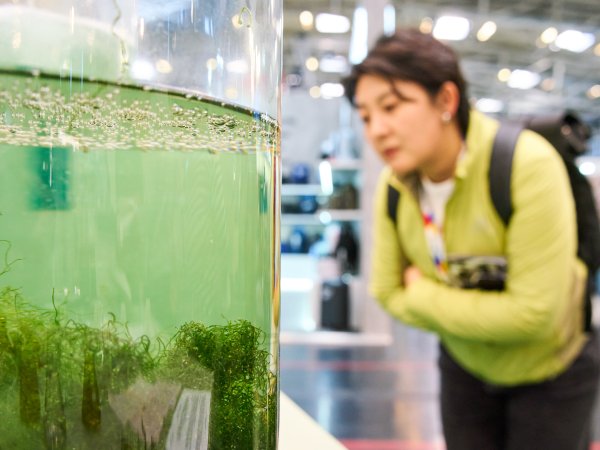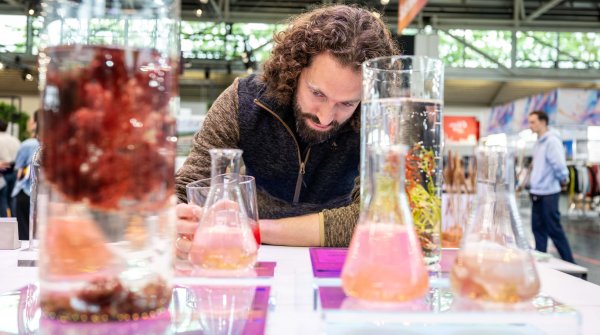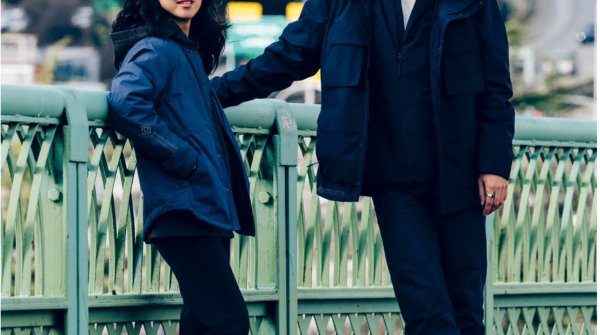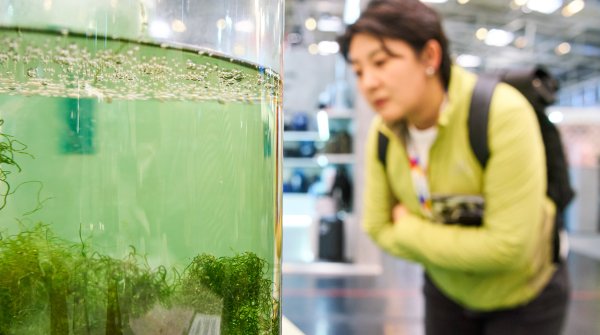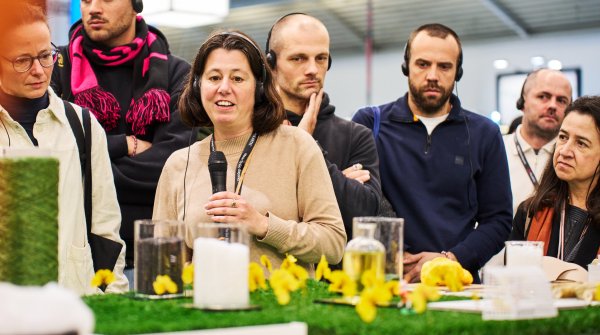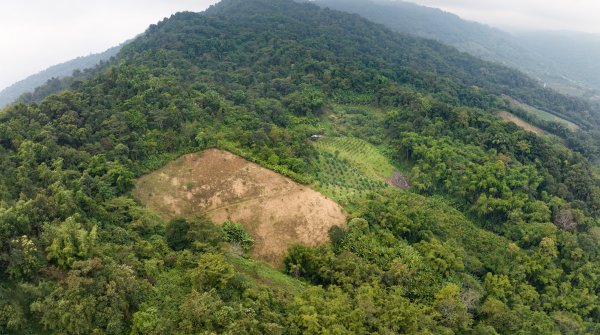"The way we solve problems is the problem," says Christian Schneidermeier, President of the European OutDoor Group (EOG). Long-term strategies and complex target definitions no longer help in an increasingly volatile, uncertain world. They can become obsolete from one day to the next because framework conditions change unexpectedly, for example due to political upheaval, new legal requirements or abrupt market changes. Schneidermeier thus hits on a point that many sustainability experts mentioned at the summit. We take a look at five points that are becoming more relevant instead.
"The biggest hurdle is often the way we think," says Eva Karlsson, founder of the outdoor brand Houdini, echoing the same line of thought as Schneidermeier. She was a founding member of the Innerdevelopment Goals (IDGs), which the EOG President also mentions. The framework "is more intuitive" than the Sustainable Development Goals (SDGs), it is not so much about measuring KPIs, but rather about a change in mindset that always internalizes what the overarching goal is. The "opportunities in the outdoor industry are also much greater than in the fashion industry", says Karlsson. After all, it's about experiences and meaning for the customer, not just a wardrobe. The Sustainable Development Goals are not wrong either, explains Schneidermeier, they just need to be "supported" by the IDGs.
If the "inner voice" of employees changes, if value-driven action comes into play, then the culture in the company can also change. Management expert Peter Drucker's well-known phrase "Culture eats strategy for breakfast", which can be heard at the conference, comes into play. Eva Karlsson: "Our shared values are fundamental to our decisions, which sometimes makes the company feel like a family."
Ruth Oberrauch from the Oberalp family and founder of the LaMunt brand emphasizes in this context once again how great and at the same time integral the cooperation in the outdoor industry is. It is also a sign that the same sustainable values are lived across company boundaries. Oberrauch proves with her own company that this does not have to lead to the arbitrariness of brands. The sustainability team is centrally organized as a service provider (comparable to HR) in the Oberalp Group. There are common goals/tasks, but each brand (including Salewa, Pomoca, Dynafit, LaMunt) approaches the project slightly differently. At the same time, it is also possible to create collaborative changes with competitors along the supply chain. Oberrauch: "It is possible to scale circularity in the supply chain."
Antje von Dewitz, CEO of the family-owned company Vaude, also emphasizes this: "Saving the world is a team sport. There is no other industry that is so extraordinarily collaborative."
At the same time, von Dewitz advocates standing up for sustainable solutions - also politically. "Companies need to understand the current and future challenges in order to be relevant and resilient tomorrow," she says. This also includes getting involved in the political process in order to enforce suitable framework conditions. In addition, people trust companies, so it is a duty to take a stand. Nina Hajikhanian, General Manager EMEA at Patagonia, also emphasizes this: "We have an obligation to stand up for what we think is right". Patagonia demonstrates this with campaigns such as "Don't buy this jacket", in which the company calls on consumers to consume more consciously - a clear statement for sustainable action and against greenwashing.
At Patagonia in particular, this includes social activism and support for grassroots movements. Hajikhanian is very grateful, for example, that the Outdoor Alliance in the USA, with the participation of more than 60 brands, is fighting against the sale of protected public land. Here too, collaboration in the industry is a key to success.
These five insights from the OutDoor Impact Summit clearly show that sustainability is not a rigid plan, but a dynamic process that requires flexibility, value orientation, cooperation and political responsibility. Sports and outdoor brands must embrace the change in thinking, strengthen internal cultures, cooperate beyond company boundaries and actively promote sustainable framework conditions. This is the only way to achieve real progress and make sport fit for the future for generations to come.
ISPO 2025 addresses these challenges and, with the Sustainability Solutions Area, offers a central platform for exchange, inspiration and concrete solutions. This is where the most important players in the industry come together to shape the future of sport in a sustainable way.
- ISPO awards
- Mountain sports
- Bike
- Design
- Retail
- Fitness
- Health
- ISPO Job Market
- ISPO Munich
- ISPO Shanghai
- Running
- Brands
- Sustainability
- Olympia
- OutDoor
- Promotion
- Sports Business
- ISPO Textrends
- Triathlon
- Water sports
- Winter sports
- eSports
- SportsTech
- OutDoor by ISPO
- Heroes
- Transformation
- Sport Fashion
- Urban Culture
- Challenges of a CEO
- Trade fairs
- Sports
- Find the Balance
- Product reviews
- Newsletter Exclusive Area
- Magazine
